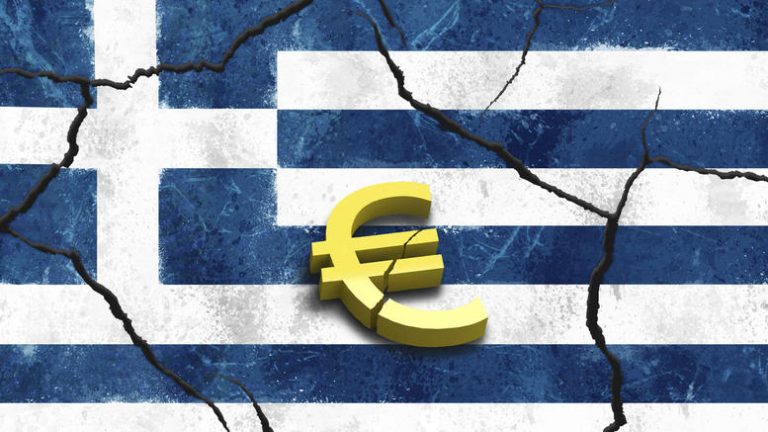Greece’s financial crisis is still hurting the hopes and dreams of the people that live in the Mediterranean nation.
The country has been in economic turmoil for most of the last decade. Years of financial mismanagement alongside a culture of clientelistic politics, where goods and services were exchanged for political support, culminated in a long-term recession.
“I still think the crisis exists. It’s more than in one field now, (it’s) not only (a) financial crisis, but it’s a crisis of our values … I don’t think it’s better now … it is really a stressful period for Greece,” Stavros Dimopoulos, a 23-year-old university student told CNBC in Athens.
Different governments in Greece borrowed above the country’s capacity and its public debt pile became so high that in 2010 investors were no longer willing to keep on financing the Greek government. The end result: George Papandreou, the prime minister at the time, saw no other way out but to ask for a bailout — without even consulting with other European leaders.
What followed were years of dramatic negotiations with European partners, where top politicians pulled all-nighters in search for a solution that would avert Greece’s exit from the EU. Rescuing Athens was critical to the survival of the euro area, but also to avert serious ruptures in global markets, including on Wall Street.
Read more HERE
Ask me anything
Explore related questions





